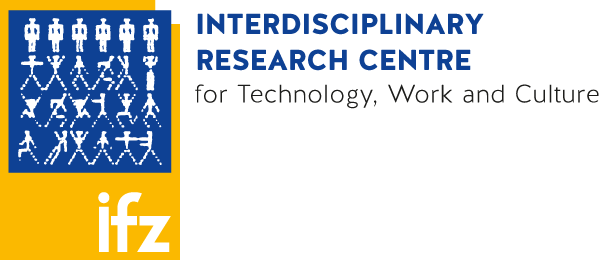Energy, Building and Accomodation
In our projects we deal with sustainable construction and efficient energy use, we explore the role of users during the implementation of new energy technologies and examine the transition from traditional to renewable energy systems. Based on the analysis of the social, technological and organisational framework of energy use we contribute to the shaping of sustainable energy, climate and technology policies.
For more information, please contact Jürgen Suschek-Berger.
Research Topic
